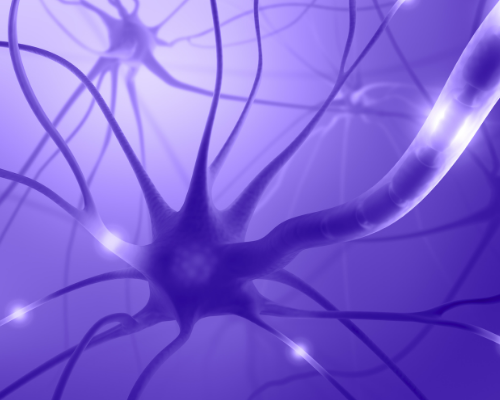October 5, 2021
Bethesda, Maryland—Despite the volume of discussion about sports-related concussions, military training or combat injuries, and the significant long-term impacts that can follow from even mild traumatic brain injury (TBI), there is no proven treatment that protects the brain after TBI. A new research study seeks to remedy that issue by testing whether an already available medication can protect the brain from long-term effects of TBI.
The Henry M. Jackson Foundation for the Advancement of Military Medicine, Inc. (HJF) received one million dollars to fund a study investigating 4-aminopyrydine (4-AP) as a TBI treatment. The extended release form of 4-AP (dalfampyridine) is approved by the FDA to treat walking disability in patients with chronic multiple sclerosis. The funds were awarded through the United States Army Medical Research Acquisition Activity.
This current study follows a pre-clinical investigation that showed efficacy of 4-AP treatment early after TBI. 4-AP treatment initiated one day after head injury reduced damage to long axons in white matter tracts that extend across the brain. In TBI patients, long axons in white matter tracts are particularly vulnerable to forces from impact and acceleration that cause TBI. Axonal damage can disrupt brain circuits and impair diverse functions such as movement, decision making, sleep, emotions, and learning.

The principal investigator on the study is Dr. Regina Armstrong, Professor and Chair, Department of Anatomy, Physiology and Genetics at the Uniformed Services University of the Health Sciences (USU). The team of researchers will seek to determine the efficacy of early 4-AP treatment to reduce axonal damage and mitigate the long-term degeneration of white matter tracts after TBI.
“If successful, this new study will provide evidence that benefits of early 4-AP treatment can last for longer periods after injury. This pre-clinical study is important to increase confidence in the potential for 4-AP treatment to have a meaningful benefit for patients who have experienced TBI." said Kryslaine Radomski Ph.D., an HJF scientist who is the co-investigator on this new study.
This work was supported by the Office of the Secretary of Defense for Health Affairs, through the Psychological Health and Traumatic Brain Injury Research Program under Award No. W81XWH2120040. Opinions, interpretations, conclusions and recommendations are those of the author and are not necessarily endorsed by the Department of Defense.
About HJF
The Henry M. Jackson Foundation for the Advancement of Military Medicine, Inc. (HJF) is a global nonprofit that administers more than $500 million in medical research funds annually. For more than 35 years, HJF has partnered with researchers and clinicians to provide bench to bedside to battlefield research support. More than 3,000 HJF teammates ensure HJF is a trusted and responsive partner by providing scientific, administrative, and program operations services to researchers in the military, academia, and private industry. For more information, visit hjf.org.